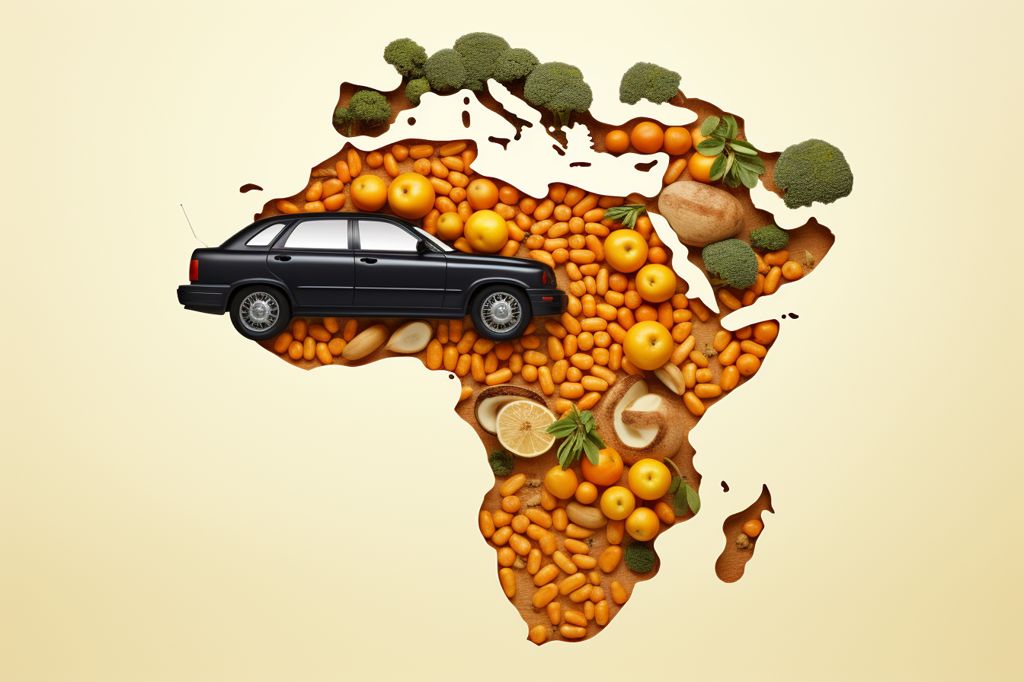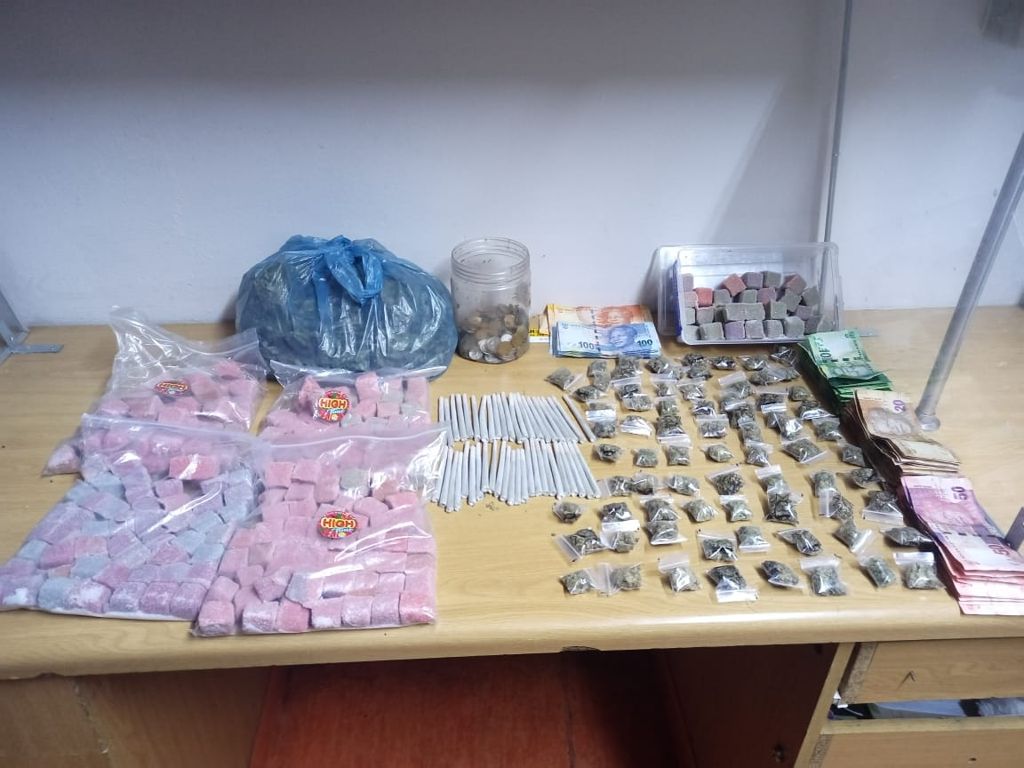The Importance of Inward Buying and Investment Missions
Deputy Minister Fikile Majola stresses the significance of Inward Buying and Investment Missions in building economic relationships that extend beyond borders and create mutually beneficial partnerships. At the Eastern Cape Export Symposium and Exhibition hosted by the Department of Trade, Industry, and Competition and the Eastern Cape Development Corporation (ECDC), Majola underscores the commitment of the government to transcending borders and fostering an environment where shared prosperity becomes a reality.
Cultivating Relationships and Partnerships
The symposium aims to cultivate relationships that not only bind economies but also interconnect people across the region, seeking long-term partnerships and reaching out to BRICS countries and the broader African continent. In today’s highly competitive economic landscape, countries must actively showcase their strengths to attract global investors and partners.
Opportunities Provided by the [African Continental Free Trade Area (AfCFTA)](https://capetown.today/the-african-continental-free-trade-area-afcfta)
The African Continental Free Trade Area (AfCFTA) offers a unique opportunity for South African businesses, particularly those in the Eastern Cape. Wamkele Mene, the Secretary General of AfCFTA, highlights the potential for Eastern Cape businesses to showcase their capabilities and increase trade within the continent.
Eastern Cape’s Industry Strengths
The Eastern Cape is recognized for its thriving automotive industry, which includes the production of motor vehicles and parts, as well as a robust and varied agricultural sector. These industries have the potential to make a significant contribution to the development of AfCFTA regional value chains.
Data from the ECDC shows that the Eastern Cape is the largest citrus producer in South Africa and exports more than half of the country’s light vehicles. Additionally, the province has the largest percentage of livestock, producing over 15 million kilograms of wool annually and supplying more than half of the world’s mohair.
Poised for Growth in the AfCFTA Market
The Eastern Cape is poised for growth in the AfCFTA market due to its strategic location along the coastline and its two major Special Economic Zones, Coega and East London Industrial Development Zone. These factors give the province an advantage in expanding its contributions to the African market.
Creating Enduring Partnerships
By capitalizing on the opportunities provided by the AfCFTA, the Eastern Cape, and South Africa as a whole, can continue to strengthen economic ties and enhance prosperity for all involved. The Inward Buying and Investment Mission provides a path for the creation of a landscape where enduring partnerships between South African businesses, those in other BRICS countries, and the African continent can prosper.








